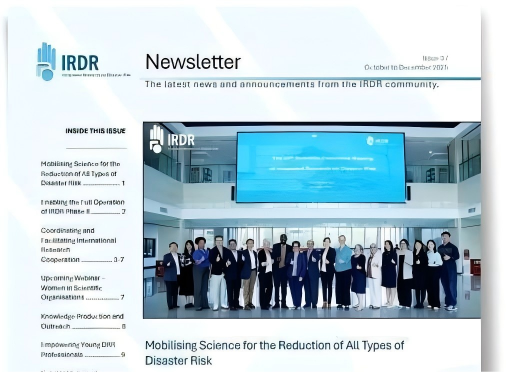The IRDR International Centre of Excellence ion Vulnerability and Resilience Metrics led by Susan Cutter at the University of South Carolina recently announced the latest version of the SHELDUS database (SHELDUS™ 14.0). SHELDUS™ is a county-level hazard loss data set for the U.S. for 18 different natural hazard event types such as: thunderstorms, hurricanes, floods, wildfires, and tornados. For each event the database includes the beginning date, location (county and state), property losses, crop losses, injuries, and fatalities that affected each county. The data set does not include Puerto Rico, Guam, or other U.S. territories.
Originally, SHELDUS™ contained only those events that generated more than $50,000 in damage or at least one death but the new version is currently in the process of removing those former thresholds and are adding every loss causing (monetary and human) event between 1960 through present reported in the data sources used by SHELDUS™. Future releases of SHELDUS™ will contain additional loss information as well as classifications of hazard by major event, presidential disaster declaration, GLIDE number, annual population, and annual GDP.
Data and maps were compiled and geo-referenced by the Hazards & Vulnerability and Research Institute at the University of South Carolina. This database was originally supported by grants from the National Science Foundation (Grant No. 99053252 and 0220712) and the University of South Carolina’s Office of the Vice President for Research. However, for the past 7 years SHELDUS™ data collection and analysis has had no support from any federal, state, local, or private stakeholders.





